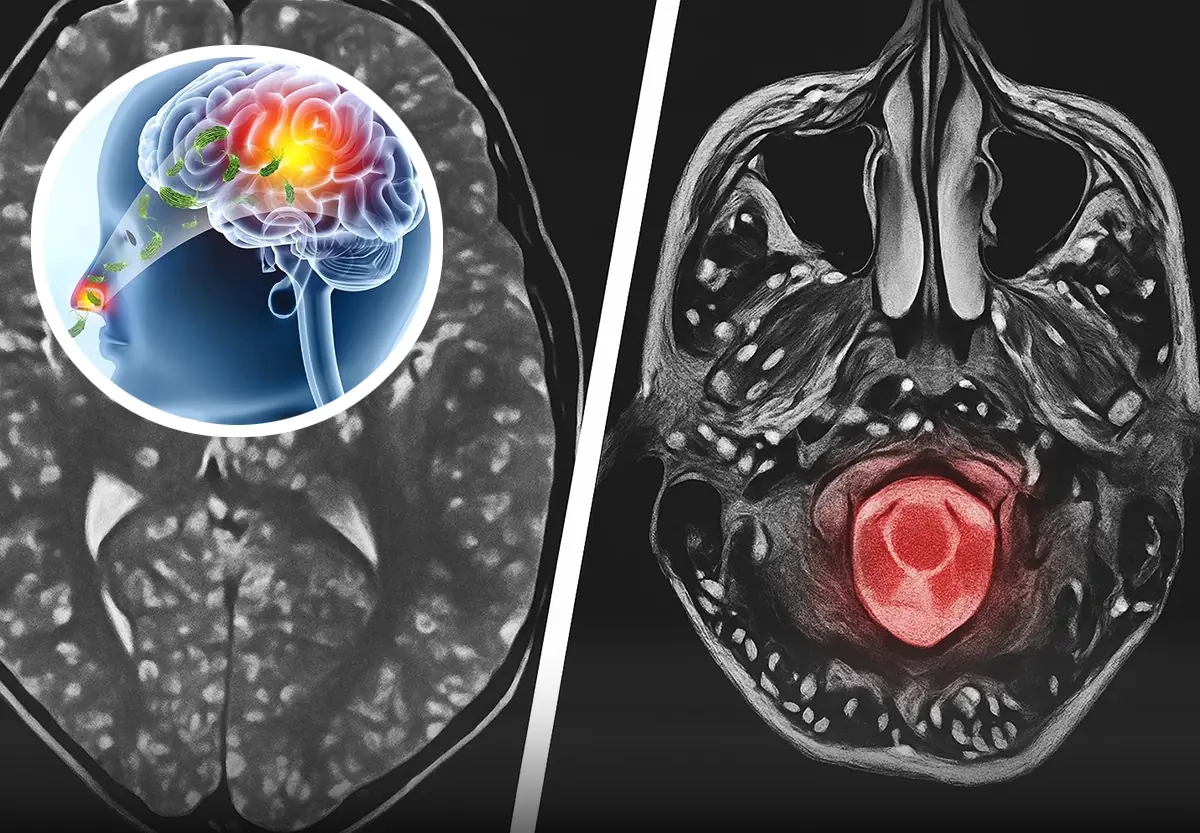The UK plans to sequence every newborn’s genome within the next decade, shifting from reactive to predictive healthcare. This initiative aims to preempt genetic diseases and offer more personalized care while addressing privacy and ethical concerns.

The UK’s Ambitious Plan: DNA Testing Every Newborn to Revolutionize Healthcare
The UK’s National Health Service (NHS) has revealed plans to sequence the entire genome of every newborn within the next decade. This groundbreaking initiative aims to revolutionize the healthcare system by transitioning from a reactive to a proactive and predictive model. With the ability to predict genetic diseases before symptoms appear, this new approach promises to deliver more personalized care for every individual, potentially improving overall public health.
The Shift from Reactive to Predictive Healthcare
Currently, newborns undergo a heel-prick test to screen for just nine rare conditions. The NHS’s new initiative, however, will replace this with comprehensive genome sequencing. By analyzing a newborn's entire genetic makeup, the NHS aims to detect potential health risks much earlier, allowing for preemptive treatment and interventions. This data-driven approach will enable healthcare professionals to anticipate genetic conditions, ensuring better long-term care and healthier lives for future generations.
Ethical and Privacy Concerns
While the potential benefits of this initiative are clear, the idea of sequencing a child’s genome raises significant ethical concerns. One of the primary concerns involves informed consent and data privacy. With the ability to access detailed genetic information, questions arise about what results should be shared with parents, when they should be disclosed, and how this information could affect relatives of the newborn.
The NHS acknowledges these concerns and is working on frameworks to protect sensitive genetic data. Research is also underway to address the ethical complexities surrounding when children should be informed about their own genetic results and how to handle the potential emotional and social implications.
The Future of Healthcare: A More Personalized Approach
If successful, the UK’s plan to sequence the genomes of every newborn could set a global precedent for preventive healthcare. By identifying genetic risks early on, the NHS aims to reduce the burden of disease and improve the quality of life for individuals. This shift to personalized healthcare, where treatments and interventions are tailored to an individual’s genetic makeup, could usher in a new era of medical care, focused on prevention rather than reaction.
Conclusion: A Revolutionary Step Forward
The UK's initiative to sequence every newborn’s genome is a pioneering step toward transforming healthcare into a more predictive, personalized system. While ethical concerns must be addressed, the potential to prevent genetic diseases and provide early interventions is immense. If successful, this approach could change the landscape of healthcare for generations to come, paving the way for a healthier and more informed global population.
Sources:
NHS Official Report on Genome Sequencing
Genetic Research and Ethical Implications
The Future of Healthcare and Genetic Testing




































